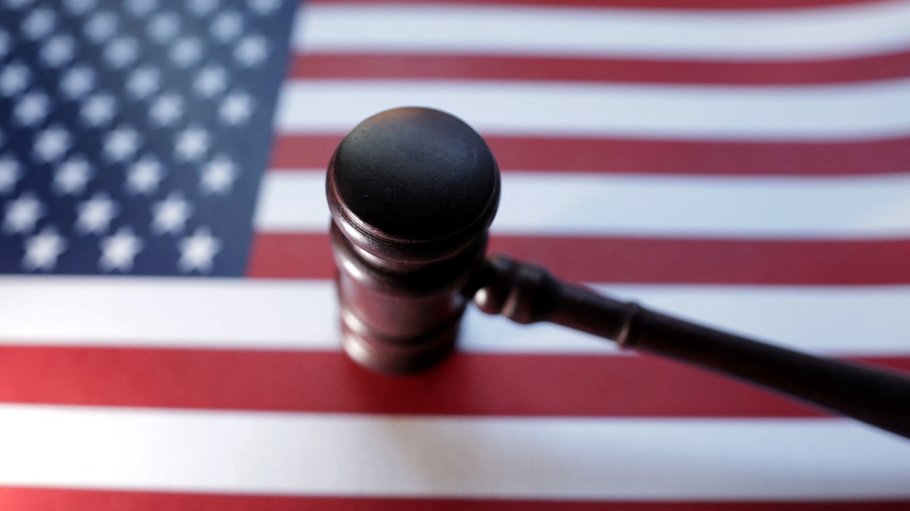Incident details
- Date of incident
- October 29, 2025
- Government agency or public official involved
- Type of denial
- Government event
Denial of Access

Security in a Lorain, Ohio, municipal courtroom briefly blocked reporter Mark Puente from reporting on the proceedings on Oct. 29, 2025. Allowed in later, he was then scolded for taking photos, despite court permission.
Investigative reporter Mark Puente was blocked from observing court proceedings and briefly ordered out of a Lorain, Ohio, municipal courtroom by security on Oct. 29, 2025.
Puente, an investigative reporter for The Marshall Project, told the U.S. Press Freedom Tracker that he had passed through two security checkpoints at Lorain Municipal Court when a security officer directed him toward a courtroom. Puente’s media badge was visible around his neck.
As he entered, another security officer rushed toward him and asked what he was doing. Puente told the Tracker he identified himself as a journalist, there to observe the proceedings. The officer ordered him to leave. Puente asked for a copy of the policy restricting his access.
“He approached, saying: ‘Get out.’ I could only walk backwards. I did,” Puente wrote in an account on LinkedIn.
Once Puente was outside the courtroom, the officer locked the door. When Puente asked to speak with a supervisor, the judge’s bailiff came out and said she required him to submit his request in writing.
“I pulled out my reporter’s notebook, wrote out the question and refused to leave,” wrote Puente.
He was later directed to wait in another room until the judge was available, and meanwhile completed the required form to photograph and record proceedings. He was eventually allowed into the courtroom.
Moments later, however, during the subsequent arraignments, a security officer yelled at Puente to put away his phone while he was taking photos. Puente explained he was using it as a camera, and the bailiff confirmed he had completed the required paperwork, so he was able to continue documenting the proceedings.
Afterward, the judge called Puente to the bench, saying, “I know who you are.” Puente explained that he objected to being denied entry. The judge cited courtroom confidentiality but did not provide a written policy. He said he had called the Ohio Supreme Court for guidance and was following a “common policy.”
“He started talking in circles, and I knew there and then, he had no policy,” Puente told the Tracker.
In his LinkedIn account, he wrote that he told the judge: “Your honor, with all due respect, sir, my takeaway from this discussion is that you have no policy and you are looking for an excuse. I object.”
The incident prevented Puente from observing court for about 45 minutes, though he returned later that week without issue. He called the treatment “odd” and said the excuse that he was mistaken for a “citizen journalist” was unacceptable.
“What it says to me is they don’t want media in their courtroom, because they don’t want the media to see what they’re doing,” Puente said. “People have a right to report, even if they’re critical. They have a right to be in that building.”
The U.S. Press Freedom Tracker catalogs press freedom violations in the United States. Email tips to [email protected].